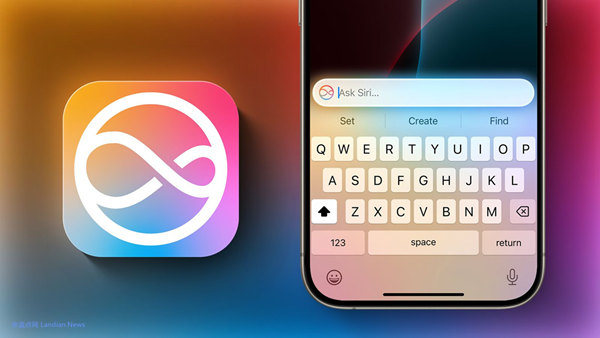Laptop Sales Are on the Rise, But Not for AI Reasons—Windows 10 End of Support is the Culprit
Despite Microsoft's efforts to promote laptops equipped with Qualcomm Arm chips and Microsoft Copilot AI, market statistics indicate that the main reason for consumers and businesses buying new laptops is not artificial intelligence.
A report by the renowned market analysis firm TrendForce shows that global laptop sales are expected to grow by 4.9% by 2025, reaching 183 million units.
The imminent end of support for the Windows 10 system, especially for businesses wishing to upgrade their devices for security and updates, is a major factor driving the sales of laptops and similar devices.
Windows 10 support will end in October 2025, and unless users have hardware-compatible devices, they cannot directly upgrade to Windows 11. For businesses, purchasing Windows 10 LTSC could extend usage, but at a higher cost.
TrendForce also mentioned AI-integrated laptops, noting that while sales of laptops supporting AI features are growing, the reason people buy these AI PCs is not because of their Neural Processing Units but simply because they can use AI.
For instance, Microsoft's heavily promoted Microsoft Copilot+PC accounted for less than 10% of shipments in Q3 2024. Although the growth of AI PCs is slow, they are gradually penetrating the market, and it's expected that in the future, every computer, including those based on the x86 architecture, will support artificial intelligence.
TrendForce predicts a 3% decrease in consumer laptop shipments in 2025, with sales of high-end models expected to increase. The profit margins for these high-end models are also higher, making the competition for the high-end laptop market fierce among OEMs.
On another note, NVIDIA is set to launch the RTX 50 series GPUs for desktops and laptops in early 2025, with the new GPU release also expected to spur consumers to purchase new devices.
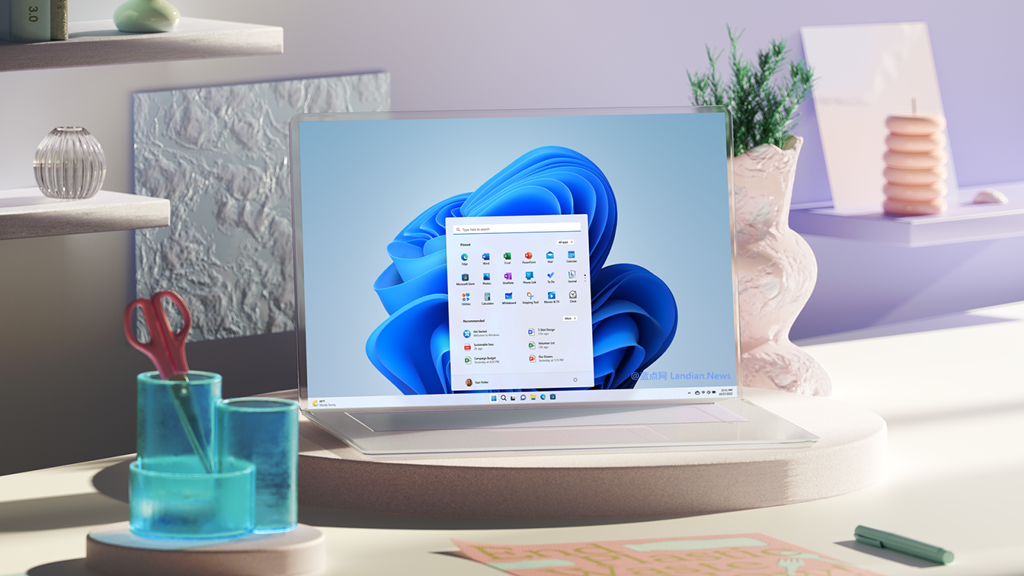
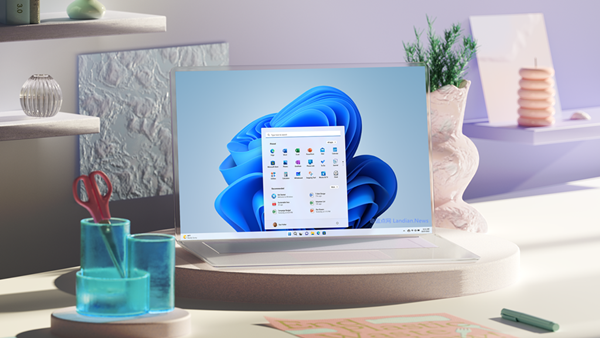
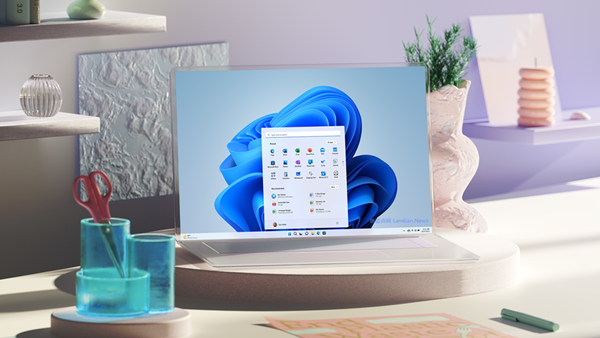
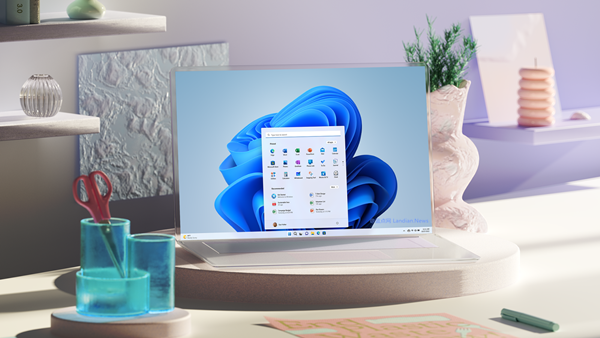
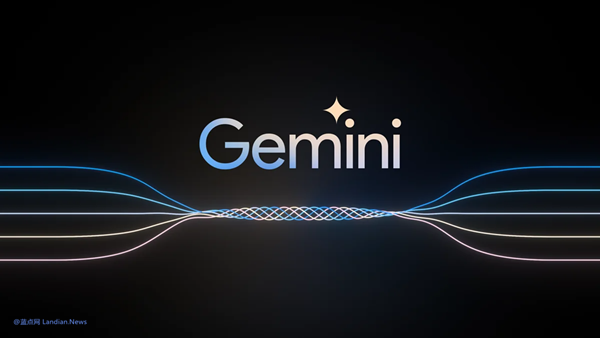
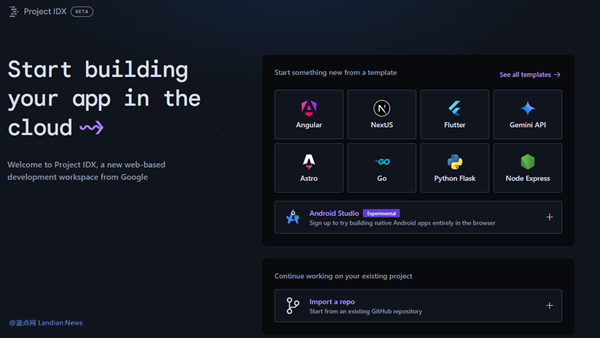

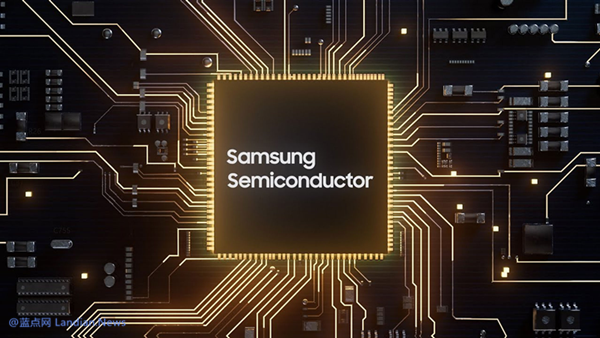

![[Solution] Microsoft confirms that Windows 10/Server 2019 will not be able to install the latest cumulative update](https://img.lancdn.co/news/2024/05/1856T.png)
